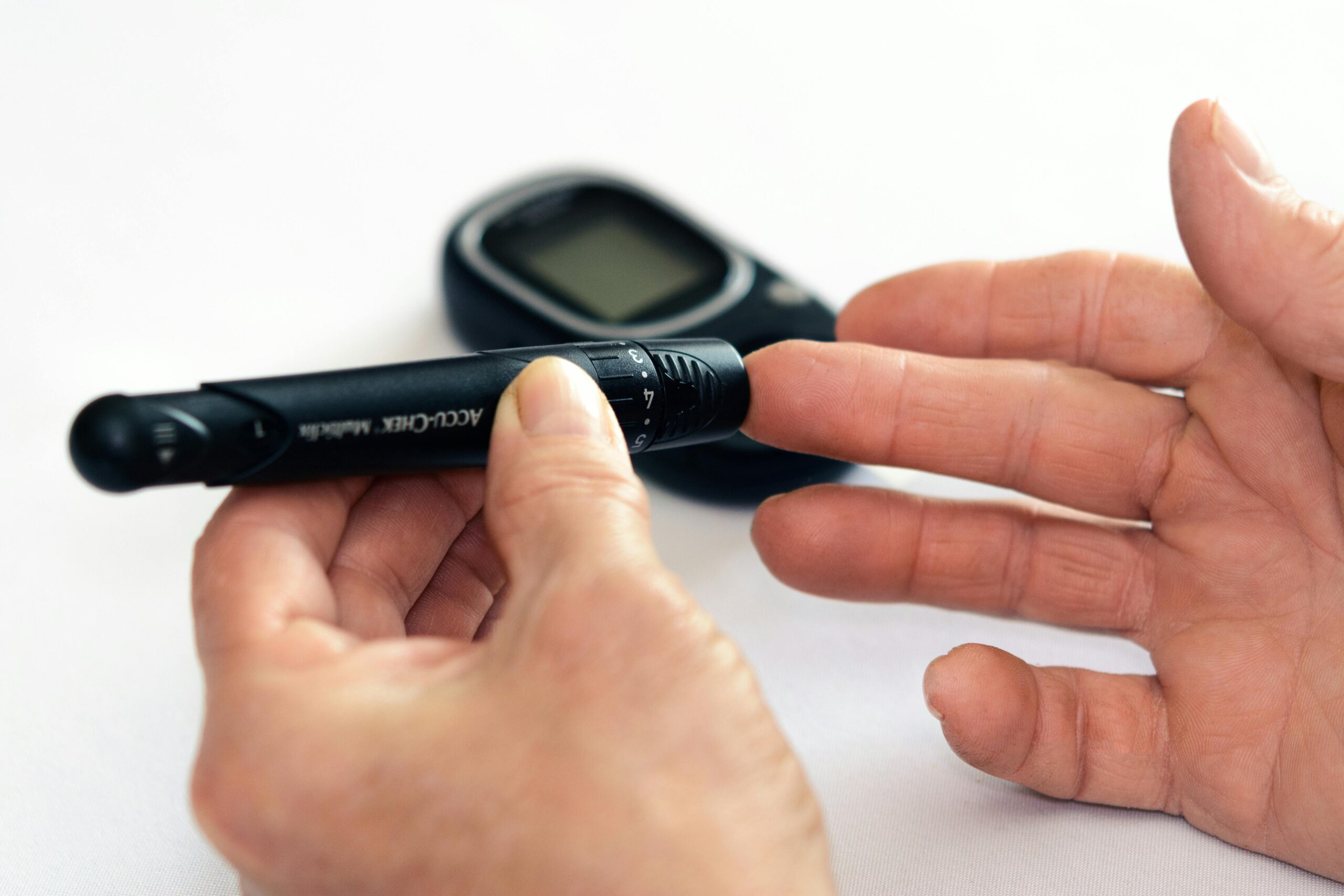In today’s world, shared equipment has become commonplace across various industries, from healthcare tools to consumer electronics. While these devices bring significant benefits, their improper cleaning and maintenance can pose severe risks to users, potentially leading to health hazards and costly lawsuits for companies.
The Dangers of Improper Cleaning
Improperly cleaned equipment can harbor harmful bacteria, viruses, and other contaminants. These hazards are especially pronounced in medical equipment like duodenoscopes, which are used in endoscopic procedures to diagnose and treat bile and pancreatic duct diseases. Between 2010 and 2015, more than 400 patients were infected, and 35 people died, due to superbug infections linked to improperly cleaned duodenoscopes. Most notably, these infections often involved carbapenem-resistant Enterobacteriaceae (CRE), a deadly bacterium with a mortality rate of up to 50%.
Duodenoscopes’ design flaws, including hard-to-clean components, such as sealed elevator wire channels, made them particularly susceptible to contamination even when hospitals followed cleaning protocols. Olympus, a leading duodenoscope manufacturer, faced numerous lawsuits for failing to provide adequate cleaning instructions and not addressing design issues promptly. These cases highlight the importance of proper equipment design and maintenance to prevent avoidable health risks.

Let Us Help Safeguard Your Business!
Legal and Financial Repercussions for Companies
Companies that fail to implement effective cleaning protocols or provide adequate maintenance instructions risk significant legal and financial consequences. As seen in the duodenoscope lawsuits, plaintiffs argued that Olympus’s negligence in addressing known design flaws and providing proper cleaning instructions directly led to infections and deaths. Settlements and jury awards in these cases reached millions of dollars, and Olympus’s reputation suffered irreparable damage.
Lawsuits like Warner v. Olympus America, Inc. et al, 3:16-cv-00488-FDW-DSC, ECF 1 (W.D. N.C.) and Young v. Olympus America, Inc., No. 07-2547-STA, 2012 WL 252645 (W.D. Tenn.) demonstrate that companies are at risk of becoming involved in lawsuits regarding the need for proper sterilization and products liability issues. In this Warner v. Olympus, the plaintiff’s husband died after using a contaminated duodenoscope. The complaint alleged negligence, claiming that Olympus knew about the risks but failed to warn users or implement adequate fixes.
Additionally, cases such as that of Stahle v. CTS Corp., 817 F.3d 96 (4th Cir. 2016) are also warning signs for companies as lawsuits can arise years past when the statute of limitations would have thought to have begun.
This type of negligence can fall under the broader umbrella of products liability, which holds manufacturers responsible for defects in design, manufacturing, or inadequate warnings that harm users. Companies must ensure their products are safe for intended use, including providing clear instructions for cleaning and maintenance. Failure to meet these obligations can expose them to liability claims, regulatory scrutiny, and significant financial penalties.
To safeguard your business from potential lawsuits that could be prevented by quality control measures, consider reaching out to Twisdale Law. With offices strategically located in North Carolina, South Carolina, and Tennessee, our firm provides comprehensive legal guidance tailored to your specific needs. Our experienced legal team can assist you in implementing effective strategies to minimize risks, ensuring that your business is well-protected across multiple jurisdictions. By partnering with us, you can proactively address potential liabilities and enhance your company’s resilience against legal challenges.








